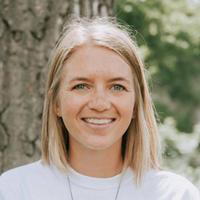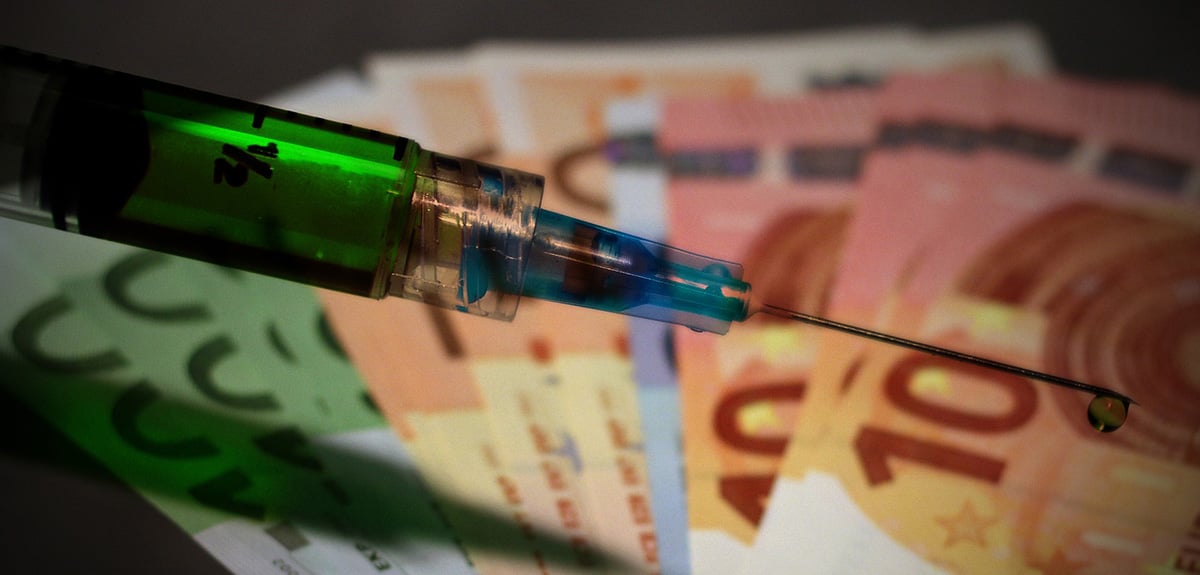When the epidemic emerged, public health officials quarantined the ill. Schools were closed and people were barred from travelling or going to movie theatres. The virus was highly contagious, could be passed from asymptomatic carriers to others and caused flu-like symptoms. Those who developed more serious symptoms were placed on ventilators — then called “iron lungs.”
This was the early 20th century. But the parallels between the polio virus and today’s COVID-19 pandemic are clear. At its peak in 1953, the polio virus infected 9,000 people in Canada and killed 500. Between 1949 and 1954 an estimated 11,000 people were left paralyzed.
It took over half a century to control the polio virus. There was no vaccine or treatment until April 12, 1955, when Dr. Jonas Salk introduced his polio vaccine. By 1959, the Salk vaccine — supported by public funding — had reached 90 countries.
When asked once about the patent on his vaccine, Salk famously responded “Well, the people, I would say. There is no patent. Could you patent the sun?”
Polio never reached pandemic status, like today’s COVID-19 virus has, but that’s what makes Salk’s lessons even more critical for us today.
Last week, in conjunction with the 50th anniversary of Salk’s vaccine, over 300 people from 29 countries launched a campaign to Free The Vaccine. We believe collective action is needed to ensure publicly-funded diagnostic tools, treatment, and a COVID-19 vaccine that will be sustainably priced, available to all and free at the point-of-delivery.
Last week, Canada committed another $192 million into vaccine research after the initial $275 million promised in early March. On March 23, the federal government announced funding for a University of Saskatchewan lab which is testing a vaccine candidate on animals.
But the government has not announced what, if any, safeguards are in place to ensure that people around the world have access to publicly-funded treatments and vaccines.
Typically, any drugmaker can take publicly-funded research and use it to try and develop, patent and market a vaccine or treatment. But this often results in high-priced drugs that are not available for the people who need them most.
There's a simple solution to ensure that all diagnostics, vaccines and treatments for COVID-19 that are developed with Canadian public dollars are equitably priced, available to everyone and free at the point-of-delivery. We are asking for conditions on all public funding so that when the people pay for the vaccine, the vaccine gets to the people.
The for-profit biomedical industry has already tried to dip their sneaky fingers into the pandemic profit pot. Gilead Sciences’ Remdesivir, a promising COVID-19 treatment, received orphan drug status from the U.S. Food and Drug Administration before it was revoked due to an intense public backlash.
Orphan status gives companies additional market exclusivity, funding and tax incentives. It’s intended to encourage them to develop drugs to treat rare diseases with a small base of potential users, and is hardly appropriate in a pandemic. Gilead Sciences would have charged people twice for Remdesivir, as it was developed at a public university through a $37.5-million investment from the U.S. National Institutes of Health.
What is the purpose of inventing vaccines and treatment with public funding, if the public cannot access them?
Protecting everyone’s health and well-being from a highly-transmissible disease in a highly-connected world necessitates a response rooted in collective action.
We must ensure that all people have access to diagnostic tools and vaccines developed to treat this disease if we hope to fully curb the spread of COVID-19. If monopolies created by pharmaceutical corporations limit access and availability around the world, we are all at greater risk.
We have a chance today to collectively reshape the biomedical research and development system in a way that prioritizes people over profits. We need to ensure that publicly-funded diagnostics, treatments and vaccines for COVID-19 are sustainably priced, available to all, and free at the point-of-delivery.
It’s time to make medicines for people, not for profit. ![]()
Read more: Health, Coronavirus, Science + Tech
















Tyee Commenting Guidelines
Comments that violate guidelines risk being deleted, and violations may result in a temporary or permanent user ban. Maintain the spirit of good conversation to stay in the discussion.
*Please note The Tyee is not a forum for spreading misinformation about COVID-19, denying its existence or minimizing its risk to public health.
Do:
Do not: